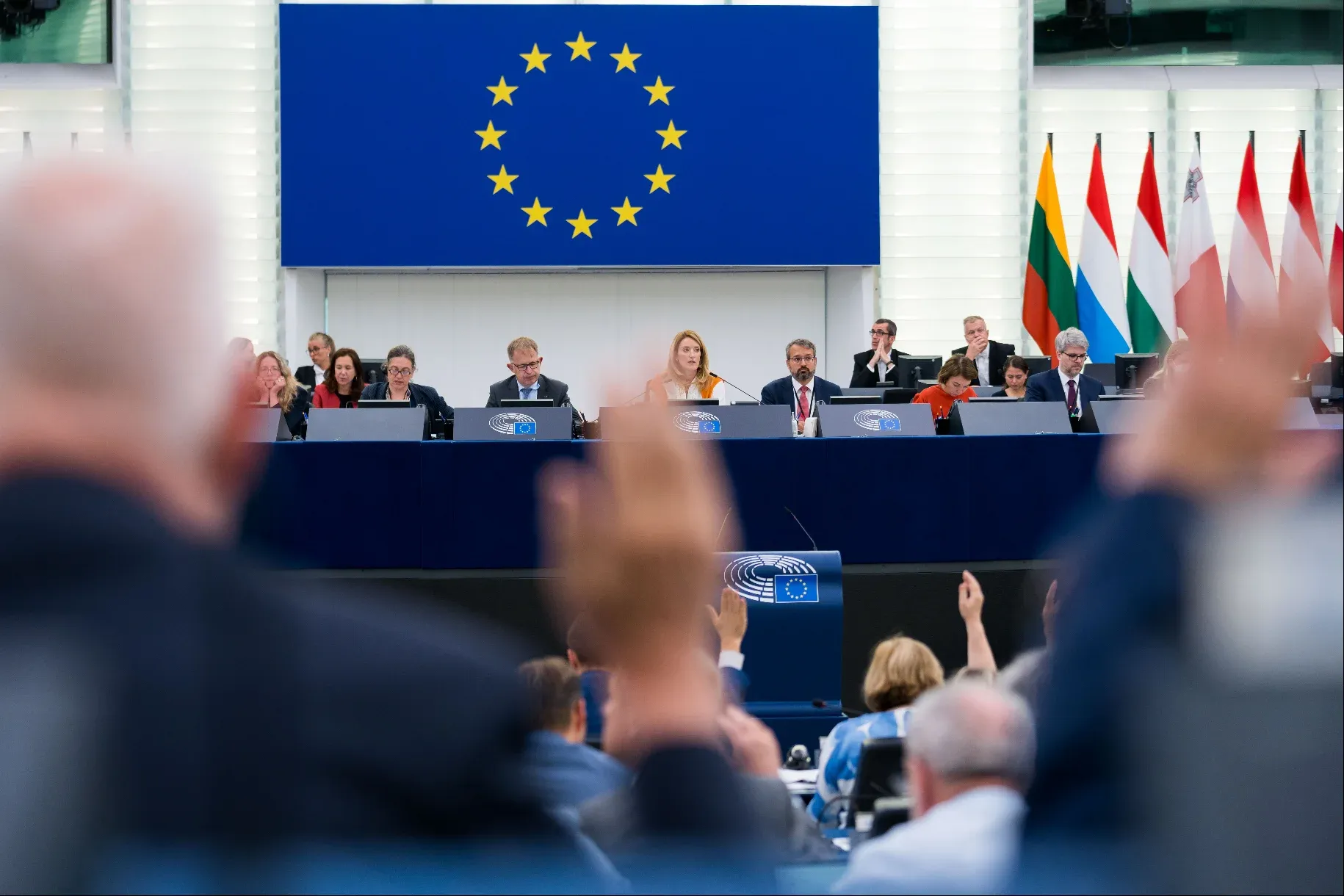The hidden €664 million: the vast majority of donations to European political parties come from unknown sources

The information on the funding of political parties in Europe is insufficient, which can lead to abuse of power and undermine trust in parties, according to the research conducted by journalists and led by Dutch media outlet Follow The Money.
The research shows that between 2019 and 2022, political parties in EU countries that are already members of the European Parliament or have a high chance of getting in after the current elections received €941 million in donations. In the case of €664 million it is unclear who donated the money.
The rules regarding donations and donor disclosure vary among EU countries. Transparency issues are more common in developed Western European countries like Germany and France, but they also occur in other regions, according to research involving 50 journalists from 24 countries. Direkt36 also looked into the main findings of the research.
“If you look at the numbers that are available and the transparency of the finances of political parties and their candidates, the overall picture is very disappointing,” said Belgian political scientist Wouter Wolfs. According to Wolfs part of the problem is that the authorities responsible for monitoring the parties’ financial accounts are underfunded or not always independent. „Any rule stands or falls on the enforcement and controls,” he said.
The downside of private donations is that parties might grant favors in return for funding. In Bulgaria, for example, in 2021 Nikolay Sabev, the owner of the largest private postal service, donated €50,000 to the party “We Continue to Change.” The party elected him as Minister of Transport and Communications, the ministry responsible for controlling the state post, the biggest competitor to Sabev’s private company.
Latvia is amongst the most transparent countries according to the the survey. They disclose not just the donors’ names but birth dates as well. However, the system can be tricked. On several occasions, businessmen expecting favors have used strawmen to hide their identities by sending donations to political parties in the name of others.
Follow The Money recalls that trust in politicians is low, with Europeans considering political parties to be the most corrupt institution, well ahead of private companies, financial institutions and the public sector.According to an EU-wide Eurobarometer poll, 6 out of 10 Europeans think that corruption is common among political parties. Even more are concerned about the lack of oversight and transparency of party finances.
49 million HUF as a gift
The international research found Hungary to be amongst the more transparent countries regarding party funding, as Hungarian parties have to upload their annual financial reports on their websites and disclose the names of donors of amounts above HUF 500,000 (around €1300). However, this does not ensure full transparency, as parties only disclose names, but do not publish more data – such as date of birth or address – that would allow donors to be identified.
The Hungarian situation is also complicated by the involvement of actors who are in theory independent but still cooperate with or support political parties in their campaigns. For example, NGOs like CÖF (Civil Union Forum Movement) and social media influencers sympathizing with the government often conduct campaigns in support of Fidesz with funding from sources close to the government. The government has also frequently run advertising campaigns with an evident political agenda. On the opposition side, there are also actors, such as online media outlets, clearly operating for political purposes.
“I am not optimistic about party funding in Hungary. We should accept that it costs a lot of money to run a party system,” Miklós Ligeti, Legal Director of Transparency International Hungary, told Direkt36.
“To eradicate corruption, we should give parties a higher amount – and more controlled – public money, so that they don’t have to resort to tricks to survive,” Ligeti explained.
He also added that for this to happen, it is essential that the State Audit Office regularly and thoroughly audits the parties’ finances and that every single public money spent can be accounted for. Ligeti said there is no problem with parties accepting donations, but to make the system more transparent, donors should “put their faces and names to the donations.”
Direkt36 looked into the reports of Hungary’s EP candidate parties founded before 2022. The most generous donor between 2019 and 2022 was former Prime Minister Ferenc Gyurcsány. He became wealthy from his business ventures before his political career and donated nearly HUF 49 million (€126000) to his party, the Demokratikus Koalíció, in 2021. Klára Dobrev, DK MEP, donated nearly HUF 9 million (€23250) to the party over 4 years.
In response to our request for comment, the DK press office said that Gyurcsány, Dobrev and the party’s other MEPs, MPs and local representatives also support DK with their salaries.
“In 2021, Ferenc Gyurcsány supported the party on the occasion of the country-wide primary election,” they wrote in their reply.
It is common for MEPs - who earn a gross monthly salary of €10075,18 - to make donations to their parties in addition to their membership fees. The list of donations above HUF 500,000 shows that in the four years we looked into, László Trócsányi donated almost HUF 4 million (€10330), Andor Deli more than HUF 4.5 million (€11625), Ádám Kósa more than HUF 5.7 million (€14725) to their party, Fidesz. Momentum received HUF 1.5 million (€3875) from Anna Donáth and the same amount from Katalin Cseh.
During the four year period, Fidesz received by far the highest amount of donations - nearly one and a half billion forints (€3875100) - most of which were below five hundred thousand forints, so the identity of most donors are unknown. Among the donors named, HVG has previously identified entrepreneurs with interests in state businesses, such as Attila Paár, owner of the WHB construction group.
Fidesz has collected more than twice as much money in four years as the next party in the list, DK, which received more than HUF 611 million (€1578000). The third largest amount was raised by MSZP, which received more than HUF 502 million (€1296000) in donations.


